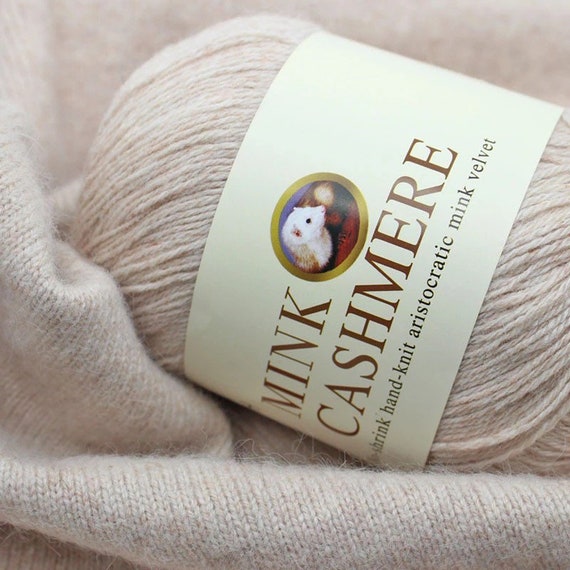The Exciting World of cashmere: Understanding Its Composition and Uses
The Exciting World of cashmere: Understanding Its Composition and Uses
Blog Article
Comprehending the Various Kinds Of Cashmere a Natural Fiber and Their One-of-a-kind Benefits

The Beginnings of Cashmere: A Historical Overview
While the luxurious touch of cashmere continues to beauty modern consumers, its beginnings map back to the severe, cool climates of Mongolia and the Himalayas. For centuries, the native individuals of these regions have actually been increasing Capra Hircus goats, the prime resource of cashmere woollen. These goats, resilient against the serious winters months, grew a fine undercoat to make it through, which later on ended up being called cashmere. The name itself pays homage to Kashmir, a region in India where the wool was at first refined. Much of the very early cashmere profession route was assisted in by the Silk Roadway, attaching Asia with the Center East and Europe. Despite its worldwide spread, the finest cashmere is still believed to originate from the original regions of Mongolia and the Himalayas.

The Manufacturing Refine: From Goat to Garment
Shearing a Capra Hircus goat notes the beginning of the detailed cashmere production process. The resultant raw cashmere is then washed to eliminate contaminations such as oil, dust, and veggie matter.
The clean fiber goes through dyeing, spinning, and weaving, or knitting, to transform it into a fabric. Complex procedures such as quality assurance checks and finishing processes follow, guaranteeing the end product maintains the elegant standard anticipated of cashmere. This meticulous process, from goat to garment, validates the high cost attached to cashmere items, making them an icon of deluxe and refinement.
The Various Kinds of Cashmere: A Comprehensive Evaluation

The Special Advantages of Cashmere: Convenience and Sustainability
Relocating from the variety of cashmere types to the benefits they provide, comfort and sustainability stick out plainly. Cashmere, an all-natural fiber, is renowned for its unparalleled softness, providing a level of comfort that synthetic fibers can't match. The product's agility, yet impressive warmth retention, makes it perfect for all seasons. Cashmere's all-natural elasticity permits it to return to its original form, making it immune to extending or diminishing.
When it comes to sustainability, cashmere is biodegradable and renewable, as it's collected from cashmere goats who regrow their coats annually. what is cashmere. Unlike artificial fibers which can take hundreds of years to break down, cashmere's effect on the setting is very little. This combination of convenience and sustainability makes cashmere a beneficial selection for mindful consumers

Taking Care Of Your Cashmere: Maintenance and Conservation Tips
While cashmere is definitely a sustainable and luxurious option, it requires certain care to preserve its top quality and prolong its life-span. To start, cashmere need to be hand cleaned utilizing cold water and a moderate cleaning agent. Stay clear of wringing the garment or twisting as it can damage the fibers. Rather, gently eject excess water and lay it flat on a towel to dry. In addition, cashmere products need to be stored in a completely dry and cool location, away from direct sunshine and dampness. Using moth repellents can shield these garments from potential damage. It's advisable to avoid hanging cashmere to stop extending. Rather, layer and shop them correctly to preserve their form and high quality with time.
Buying Cashmere: Recognizing Its Worth and Worth
Although cashmere might originally feel like a costly investment, its long-lasting value and worth come to be noticeable when you consider browse this site its impressive top qualities. Understood for its unequaled gentleness and warmth, cashmere is a premium all-natural fiber that outshines various other materials. Its high need and minimal supply add to its high price, yet its longevity guarantees it lasts for many years, providing excellent worth for money. Cashmere pieces are classic, commonly ending up being heirlooms gave through generations. what is cashmere. Its natural insulating homes provide warmth without the bulk of synthetic fibers. Spending in cashmere, for that reason, is not practically present style trends, yet about embracing a lasting, resilient, and elegant way of living.
Final Thought
In find more info summary, the type of cashmere one chooses, be it Mongolian, Chinese, or Italian, is determined by specific choices for heat, budget, deluxe, and sustainability. Comprehending the origins, manufacturing procedure, and one-of-a-kind advantages of different kinds of cashmere can assist customers in their investment in this elegant all-natural fiber.
Whether it's the outstanding warmth of Mongolian cashmere, the price of Chinese cashmere, or the eco-conscious production of Italian cashmere, there's a story to be found behind each fiber kind. Cashmere, an all-natural fiber, is renowned for its exceptional gentleness, offering a degree of comfort that artificial fibers explanation can not match.When it comes to sustainability, cashmere is naturally degradable and renewable, as it's gathered from cashmere goats that regrow their coats annually. Recognized for its unmatched gentleness and heat, cashmere is a costs natural fiber that outmatches various other materials. Comprehending the origins, manufacturing process, and one-of-a-kind benefits of various types of cashmere can guide consumers in their financial investment in this extravagant natural fiber.
Report this page